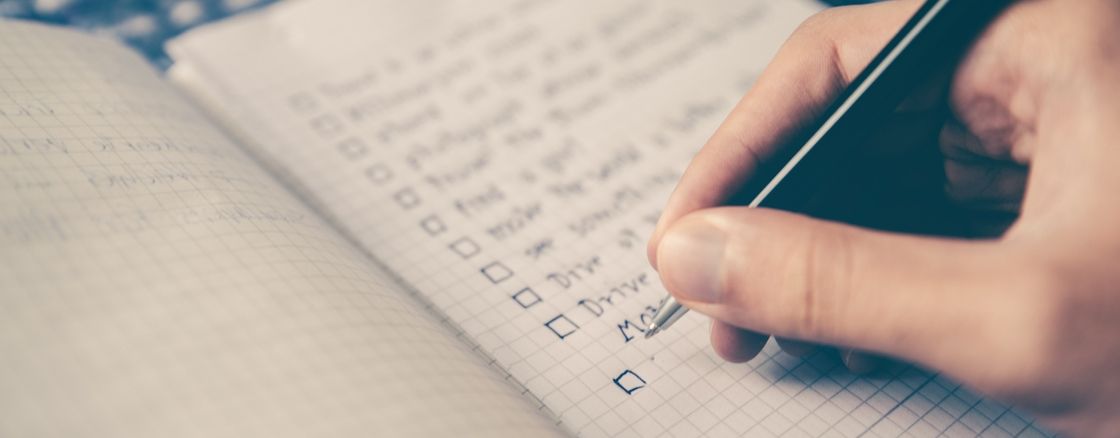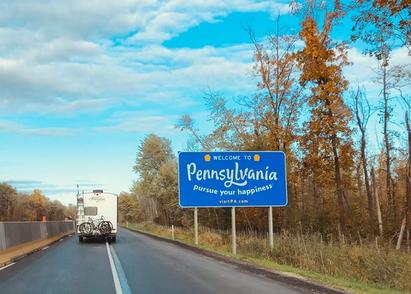Documents Needed to Apply for a Mortgage
Written by:
Andrew Tavin
Andrew Tavin
Personal Finance Writer
Andrew Tavin a contributing writer for Own Up.
See full bio
Fact Checked by:
Mike Tassone
Mike is a Co-Founder and Chief Operating Officer of Own Up. He has expertise in all areas of residential lending, having led operations for a top 40 lender in the United States.
See full bio

Fast Links
- What Documents Are Needed to Verify Your Income for a Mortgage Loan?
- What Documents Are Needed to Verify Your Assets for a Mortgage Application?
- What Documents Are Needed to Refinance Your Mortgage?
- What Mortgage Documentation is Needed for a Home Purchase?
- What if Your Down Payment was a Gift?
- What Additional Documentation is Needed for a Condo Mortgage?
- What Documents Are Needed to Verify Your Identity for a Mortgage Loan?
- Does a Different Type of Mortgage Require Different Documents?
- Do Mortgage Lenders Need to See Your Credit History?
Whether you just started thinking about your home buying journey or you're ready to begin the mortgage application process, you'll want to have your financial documents together as soon as possible. You also want to address any missing or incomplete documentation ahead of time to make sure your application process runs as smoothly as possible.
There are a lot of documents you need to apply for a mortgage, and each lender will have their own list of required documents, but you can use this mortgage application checklist to help you sail through the mortgage approval process.
What Documents Are Needed to Verify Your Income for a Mortgage Loan?
The types of financial documents your mortgage loan officer needs to review depend on the types of income you receive. You may have multiple sources of income, so be sure to collect the documentation required for each one.
Below is a checklist your mortgage loan officer will likely request from you. Remember: The more consistent income you have, the higher your approval odds will be.
Salaried employees:
- Pay stubs for all borrowers from the last 30 days with year-to-date earnings
- W-2 forms for all borrowers and from all employers for the past 2 years
- Names, phone numbers, and addresses of each employer for the past 2 years
If you are self-employed:
- Personal signed tax returns with all schedules for the last 2 years
- Business signed tax returns with all schedules for the last 2 years
- Current financial statement, signed and dated, that includes a balance sheet and profit-and-loss statement
- All 1099s, if applicable
If you own at least 25% of a business:
- Pay stubs for all borrowers from the last 30 days with year-to-date earnings
- W-2 forms for all borrowers and from all employment for the past 2 years
- Personal signed tax returns with all schedules for the last 2 years
- Corporate—or partnership—signed returns with all schedules for the last 2 years
If you own a rental property:
- Personal signed tax returns with all schedules showing rental income for the last 2 years, including all schedules
- Most current signed rental agreement(s)
If you receive a pension:
- Most recent pension award letter
- Copy of pension checks; if received through direct deposit, provide 3 most recent months of bank statements with proof of deposit
- Personal signed tax returns with all schedules for the last 2 years
- 1099-Rs for the past 2 years
If you receive Social Security:
- Copy of most current Social Security award letter and copy of Social Security check; if Social Security is received via direct deposit, you may need to provide the most recent 3 months of bank statements with proof of deposit
- Personal signed tax returns with all schedules for the last 2 years
- 1099s for the past 2 years
If you receive child support income, alimony income, or separate maintenance, and wish to use the income for qualifying purposes:
- Complete copy of executed divorce decree and separation agreement
- Personal signed tax returns with all schedules for the last 2 years
Any additional income or extra income beyond the other sources:
- Tax documents or bank statements showing consistent additional income
What Documents Are Needed to Verify Your Assets for a Mortgage Application?
While income documentation can require a mix of tax statements, pay stubs, and other additional documents, verifying your current wealth is often as simple as providing statements for all of your bank accounts. To verify your assets, you will need your most recent two months of bank statements (complete with all pages) for all asset accounts, including retirement accounts, savings accounts, and investment accounts.
Be sure that you provide complete bank statements that have your name, current address, and account numbers on them.
What Documents Are Needed to Refinance Your Mortgage?
While you'll need the usual collection of income, assets, and ID verification for the refinancing application, there is additional documentation required to show how you're handling your current mortgage.
- Most recent mortgage billing statement
- Current homeowner's insurance declaration page
- Most recently paid real estate tax bill
- Copy of your mortgage survey plot plan
What Mortgage Documentation is Needed for a Home Purchase?
Beyond income documentation and bank statements, you'll need to provide the purchase contract and additional documentation related to the sale as part of the loan process.
- A fully executed purchase and sale agreement, or contract for purchase, on the home being financed
- Copy of the front and back of the down payment checks or proof of the funds for the down payment
- Seller's agent name, email, and phone number
- Buyer's agent name, email, and phone number
- Attorney's or escrow agent’s name, email, and phone number
- Any other information your lender may request to confirm your personal circumstances, such as a marriage certificate, past addresses, divorce decrees, etc.
What if Your Down Payment was a Gift?
A mortgage lender wants to get an accurate sense of your personal finances, so if you're using a gifted down payment, you'll need to provide additional documentation.
- A signed gift letter (your lender may provide you with a form to fill out)
- Copy of cleared gift check
- Copy of bank statement or transaction history to verify check was deposited into your account
What Additional Documentation is Needed for a Condo Mortgage?
Because many of the decisions related to condo upkeep are handled by a homeowner's association, mortgage lenders need information from the HOA in addition to your personal proof of income and proof of assets.
That includes:
- Condo declarations, master deed, and bylaws
- Current homeowner's association budget
- Management company agreement (if applicable)
- Copy of declaration page from the master insurance policy that reflects hazard, liability, fidelity bond, and flood insurance, if applicable
- Condo questionnaire (to be completed by management company or HOA other than seller)
What Documents Are Needed to Verify Your Identity for a Mortgage Loan?
Lenders need a valid ID that proves that you are who you say you are as well as your residential authorization, if necessary.
- Copy of your current driver's license and Social Security card
- Permanent resident card, if applicable
- Copy of H1B visa approval, if applicable
Does a Different Type of Mortgage Require Different Documents?
The type of mortgage, type of property, and your current circumstances can all lead to situations requiring additional documentation.
For example:
- Copy of the Trust and the Schedule of Beneficiaries, if the property is held in a trust
- 12 months of your rent receipts or cancelled checks, or a landlord letter if you're currently renting
- A certificate of eligibility from the Veterans Administration as proof of your military duty, if you're applying for a VA Home Loan
Do Mortgage Lenders Need to See Your Credit History?
While lenders will require permission to pull your credit report, you do not have to provide it or your credit score to them directly. Rather, they will perform a hard credit check as part of the application process.
Note: This can temporarily lower your credit score, so keep that in mind if you're in a financial situation that could lead to multiple hard credit checks in a row.
Now that you've gathered all of your mortgage documents together, consider applying for pre-approval so you can get a sense of what your borrowing limit, mortgage rate, and monthly mortgage payments might be.
Ready to see how much you can save on your home buying journey?


